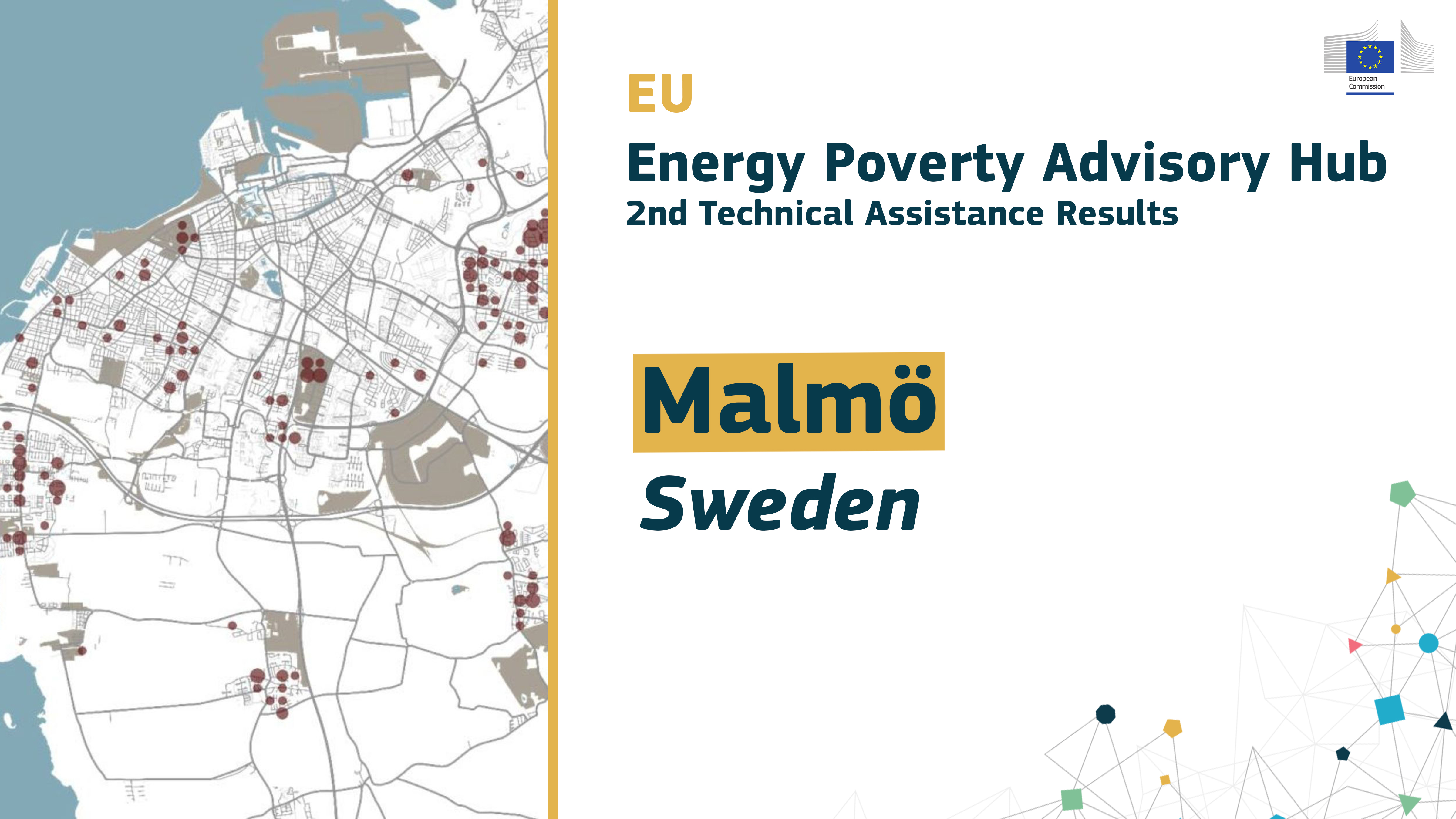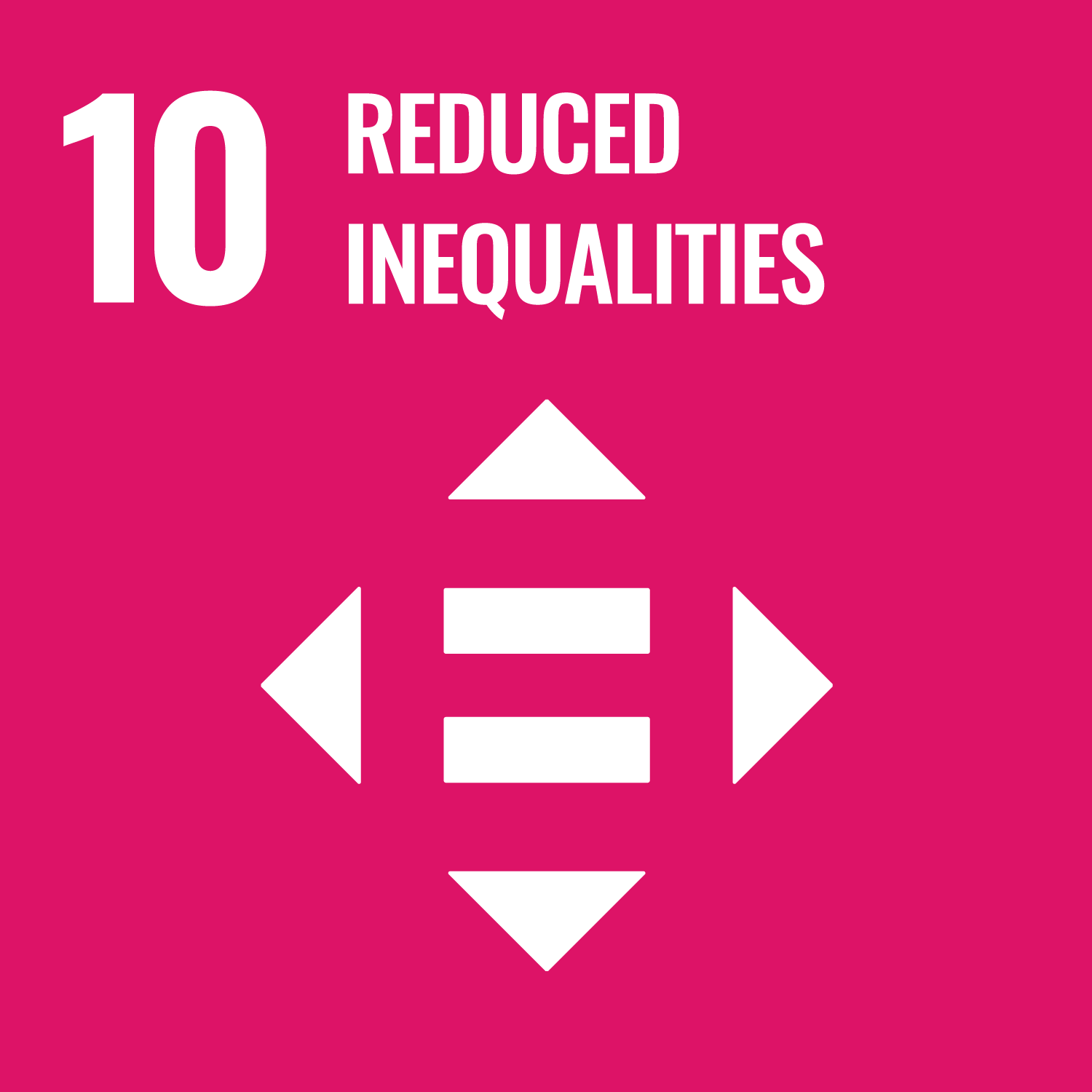The assistance aimed to assess and address energy poverty in the urban areas of Sofielund, Fosie, Möllevången, and Rosengård, focusing on identifying vulnerable households and understanding how energy poverty impacts different housing types and demographic groups.
The objective was to provide an initial diagnosis of energy poverty in Malmö, improving understanding of how different households are affected, particularly in light of the energy crisis. Additionally, it aimed to foster greater internal collaboration within the municipality to address energy poverty more effectively in the long term.
Resident and landlord Interviews: 23 tenant interviews and gathered insights on heating challenges in Malmö’s vulnerable areas. Findings included the struggle for tenants to maintain warmth despite "warm rent" systems. One proactive landlord shared energy efficiency practices and challenges with district heating pricing.
Statistical mapping of energy vulnerability in single-family homes, revealing inefficient heating systems and their locations. Socioeconomic data highlighted areas of concern.
Workshops: with municipal staff to enhance collaboration on energy poverty issues, and with a landlord to discuss energy crisis impacts.
-

-
 Countries impacted:
Countries impacted:
Sweden -
 Geographical scale:
Geographical scale:
Regional and Local -
 Energy poverty phase:
Energy poverty phase:
Diagnosis -
 Intervention type:
Intervention type:
Data collection -
 Type of funding:
Type of funding:
EPAH Technical Assistance Scheme -
 Website:
Website:
Case website -
SDGs addressed:

Explore more



